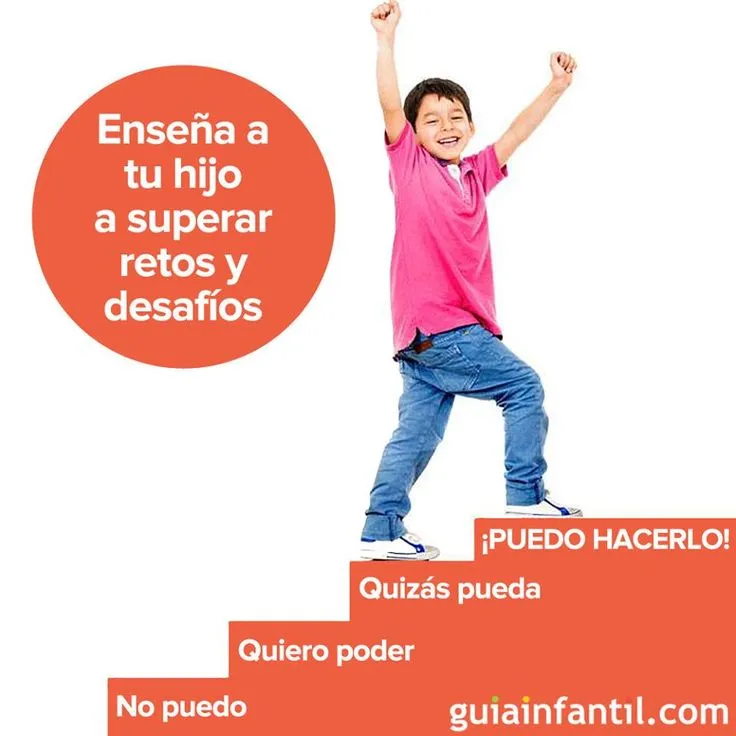Amplia information and continuous learning are some of the mechanisms that the family has to help develop a child's personal autonomy with diabetes.
Type 1 diabetes represents between 10% and 15% of the total diabetes and is the second most frequent chronic disease in childhood.In Spain, 1,100 new cases of type 1 diabetes are produced every year in children under 15 years.
Undoubtedly, the adaptation to this new situation, which will accompany the child throughout his life, is one of the most difficult aspects that require extensive information and continuous learning, both for parents and for the child himself, so that his progressand evolution are affected as little as possible by their illness.
The Foundation for Diabetes and Olga Sanz Font, a psychologist and expert in child-musical therapy, propose a series of simple mechanisms with which family members can help develop the child's personal autonomy.
- Favor your independence.
- Give small responsibilities.
- Do not fiscalize all your actions.Teach how to do the tasks that your treatment requires and show it that you can take care of yourself.
- Do not solve problems between children, teach them to face them alone.
- Value your opinions.Thus you will get to agreements on issues such as the easiest way of how to carry out the different treatment tasks.
- Do not make the child the center of your universe.In this way, they can once keep the child if the parents leave out.It is about normalizing the situation in the whole family, otherwise, in the long run we wear and cause family dependence problems.
- Let you take the initiative in small things. It is not appropriate to be systematically telling him what he should do, without explanations, but what he thinks and what he understands and does not understand.
- Promote communication with him.
- Congratulations on the things you do well related to your treatment. teach him to feel proud of his advances;reinforcing every step that for diabetes.Given the failure, make him see the positive side of things.
- We are not perfect.


